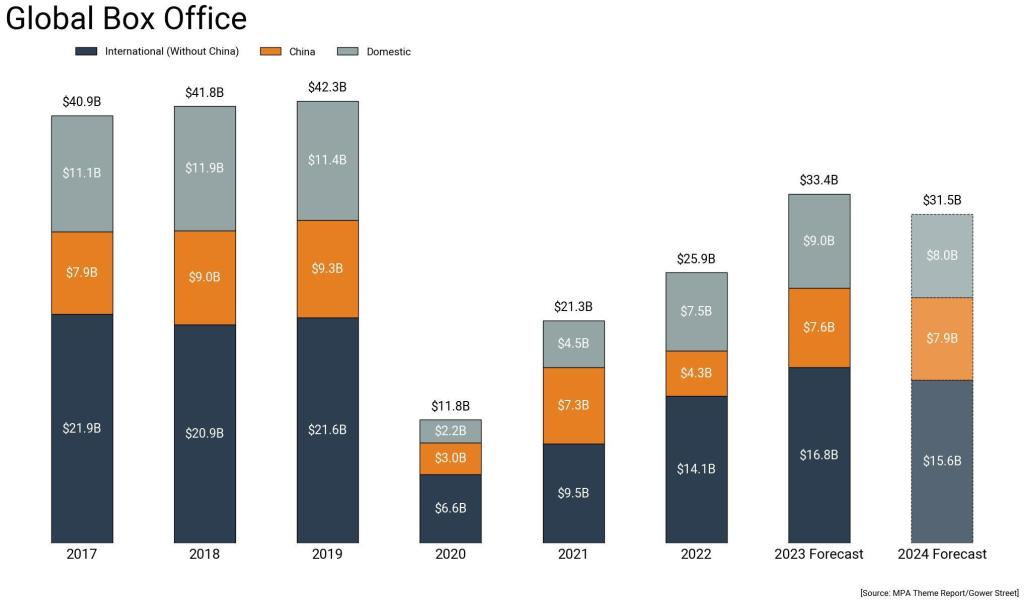The Troubling Implications of Hollywood "Ambassadors" from the Trump White House
Exploring the potential impact of the Trump White House’s Hollywood ambassadors on free expression, censorship, and the film industry.
In a move that feels more like satire than reality, the incoming Trump administration has announced it will appoint Jon Voight, Mel Gibson, and Sylvester Stallone as "Special Ambassadors" to Hollywood. Framed as an effort to "make Hollywood great again," this development raises significant concerns about censorship, government overreach, and the integrity of artistic expression. While these three actors have had their moments of cultural impact, their selection and the language used to describe their mission feel more like a cultural dog whistle than a genuine attempt to address Hollywood's issues.
Government Overreach and Free Expression
The connection between Hollywood and government is nothing new. From propaganda films during wartime to partnerships on special interests, the entertainment industry has always had a relationship with Washington. However, explicitly appointing "ambassadors" to Hollywood feels like a dangerous escalation. What does it mean for censorship? For free expression?
This administration’s "culture war" rhetoric suggests these appointments are less about fostering creativity and more about enforcing a political agenda on an industry that thrives on diverse perspectives. Could this be a precursor to government interference in what stories are told, or worse, what stories are allowed to be told?
I don’t want to sound too alarmist, but a lot of the same rhetoric being thrown at banned books which include topics that make bible-thumping Conservatives shake in their boots (stories about the LGBTQ community, powerful women, diverse perspectives - you know, that kind of stuff) are also included in many films which could come under the same pressure from a new administration and their “ambassadors”.
The Ambassadors Themselves
The choice of ambassadors only adds to the absurdity. Jon Voight, Mel Gibson, and Sylvester Stallone are far from Hollywood power players in 2025. Stallone, while iconic, hasn’t had a major hit since he starred in Creed in 2015. Mel Gibson, despite his undeniable talent as a filmmaker and actor (Hacksaw Ridge, Apocalypto, Braveheart), is a polarizing figure with a history of scandal, bigotry, and spreading conspiracy theories. And Jon Voight? Once a respected actor, he’s now better known for his conspiratorial, nonsensical ramblings than for any recent work in film. Poor Angelina Jolie, dealing with a Fox News addicted father who lost his mind. Stars - they’re just like us! (Luckily not me, shout out to my dad who still has a brain).
These choices reveal a disconnect with the modern film industry. While the trio may hold some sway with older studio executives or a niche audience nostalgic for their past glories, they lack relevance with the current generation of filmmakers and audiences. Hollywood is driven by fresh talent and bold, forward-thinking ideas, neither of which these ambassadors represent. I don’t expect them to get much done, but if they feel disrespected and disregarded by Hollywood (as they should) that could only mean more retribution down the road.
The Myth of "Foreign Influence" in Hollywood
One of the stated goals of this initiative is to reduce foreign influence and bring money "back" to the U.S. This framing is not only xenophobic but also factually incorrect. Hollywood relies heavily on the global box office to thrive.
Take recent hits as examples. Inside Out 2 made over $1 billion overseas. Deadpool 3 and Logan brought in nearly $700 million each from international audiences. Even films that underperform domestically, like Godzilla vs. Kong, which grossed less than $200 million in the U.S., ended up earning nearly $600 million globally thanks to foreign markets. These figures prove that Hollywood is making substantial profits internationally.
The idea that Hollywood is losing money to foreign countries ignores the reality that foreign markets are, in many cases, saving the industry. Studios are profiting immensely from their international reach, and that money flows back to Hollywood.

If anything, this initiative threatens to alienate these markets, which could harm the very industry it claims to protect. The notion that Hollywood should prioritize “American” audiences over global ones is shortsighted and economically naive. It also works to discredit foreign filmmakers who are creating incredible films every year and finding mainstream success in the US. But guess what, Trump hates that. Remember what he tweeted when Parasite won Best Picture? I’ll remind you:
“How bad were the Academy Awards this year, did you see? And the winner is … a movie from South Korea. What the hell was that all about? We’ve got enough problems with South Korea with trade, on top of it they give them the best movie of the year?”
Xenophobia at its finest. It’s clear to see what this whole “ambassador” thing is really about…
A Troubling Development, but Not a Death Knell
Will this move fundamentally change Hollywood? Likely not. The industry’s power structure, driven by profit, creativity, and global appeal, is unlikely to bend to the whims of a few washed-up actors turned cultural warriors. But it’s a troubling first step, a shot across the bow of an industry that remains one of the clearest examples of free expression in America.
For now, we wait and watch. Hopefully, Hollywood will see through this farce and continue to embrace the diversity and innovation that make it a cultural powerhouse. The very fact that such appointments are being made and that this rhetoric is being legitimized is cause for concern. When the government positions itself as the arbiter of culture, it’s not just Hollywood that stands to lose. It’s all of us.



As I said in another group chat earlier today, once again get ready to confuse genuine news items with articles from the ONION!
Really insightful stuff. I can already tell that you’re passion for writing about film is expanding beyond the media itself. Particularly, the piece about foreign success rings true. I’ve recently gotten pretty excited into my ventures with Korean or Scandinavian horror flicks I’ve found on sale on Apple, and that stuff is fantastic film; often better than most Hollywood films.